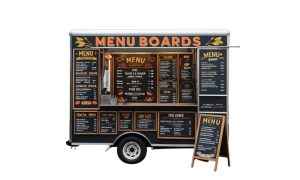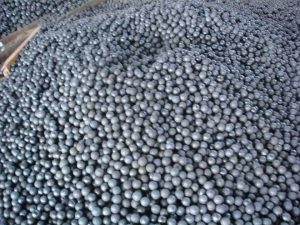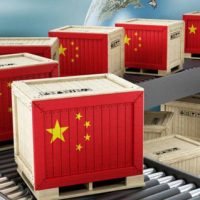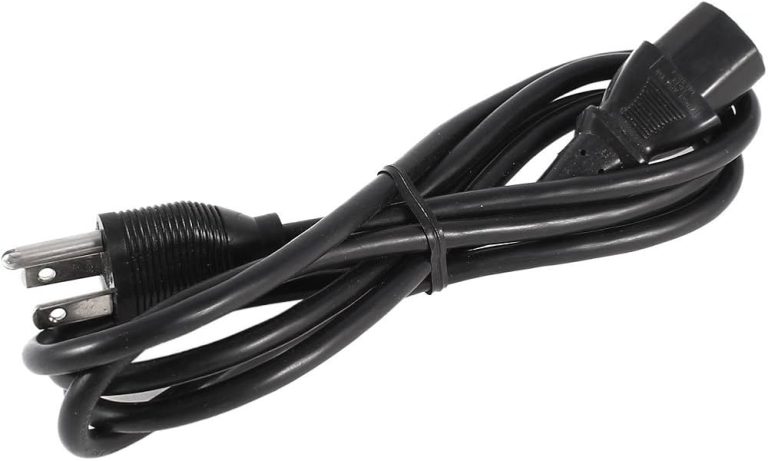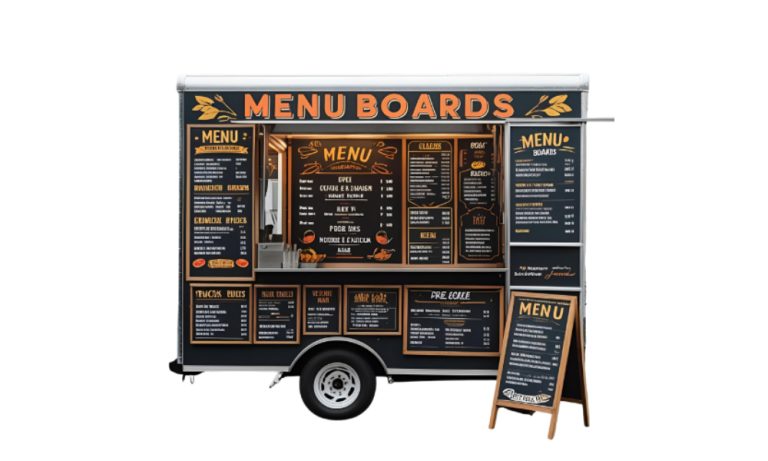Before importing just any product from China, you need to identify your niche market. It is important to choose products that are in demand and have a potential customer base. Research the product thoroughly before importing it. Check for China import products quality, durability, and popularity in the market.
China import products like:
- Electronic equipment and machinery
- Clothing and textiles
- Furniture and home décor
- Toys and games
- Food and beverages
- Industrial and raw materials
- Automotive parts and accessories
- Chemicals and plastics
- Medical and pharmaceutical products
- Consumer electronics and gadgets.
How much money can you make from China import products?
An example:
A Cole & Shaw electronic store in the US imports a popular consumer electronic gadget, such as wireless earbuds, from China. The cost per unit of the imported product, including manufacturing, shipping, and customs fees, is $5. Their business then sells each pair of wireless earbuds in the U.S. for $20.
Assuming the business sells 1,000 units per month, the revenue generated would be:
Revenue per unit: $20 Number of units sold per month: 1,000
Total monthly revenue = $20 x 1,000 = $20,000
Now, let’s calculate the total cost of the products:
Cost per unit: $5 Number of units sold per month: 1,000
Total cost of products = $5 x 1,000 = $5,000
To calculate the gross profit, we subtract the total cost of products from the total revenue:
Gross profit = Total revenue – Total cost of products = $20,000 – $5,000 = $15,000
So, in this example, the business would make a gross profit of $15,000 per month from importing and selling China-made products. It’s important to note that this is a simplified example and does not take into consideration other costs such as operating expenses, taxes, and marketing expenses, which would impact the overall profitability of the business. The actual profit margin can vary depending on various factors such as product demand, competition, and operational efficiency.
After you identify the niche start looking for reliable suppliers who can provide you with high quality products at a reasonable price. You can use online platforms such as Alibaba, Global Sources, and Made in China to find established suppliers.
Ask appropriate questions
After initial background and credential checks of potential China import products manufacturer, it is time to contact and ask some crucial questions.
- What is the minimum order quantity?
- What is the price per unit?
- What is the lead time for production?
- What are the payment terms?
- Can you provide samples?
- What is the shipping cost and method?
- What is the packaging and labeling process?
- Are there any certifications or quality control measures in place?
- What is the return policy?
- Can you provide references or customer testimonials?
The answers to the above questions will give you an idea of how the Chinese supplier works and what to expect.
Check the product sample
Before placing a bulk order, it is important to order a sample of the product to check its quality and make sure it meets your requirements.
Negotiate the price
Negotiate the price with the supplier to get the best deal. Compare prices from different suppliers to get an idea of the market rate.
Understand the import regulations
It is important to understand the import regulations of your country before importing any product from China. Check for any restrictions or duties that may apply.
Build a long-term relationship
Building a long-term relationship with the supplier can be beneficial in the long run. It can help you get better deals and ensure a steady supply of high-quality products.
Lots of ds and don’t are involved in procuring high quality products imported from China. It is great to hire China sourcing agent because they can capably handle the search for supplier to product quality inspection to shipping and clearance.

